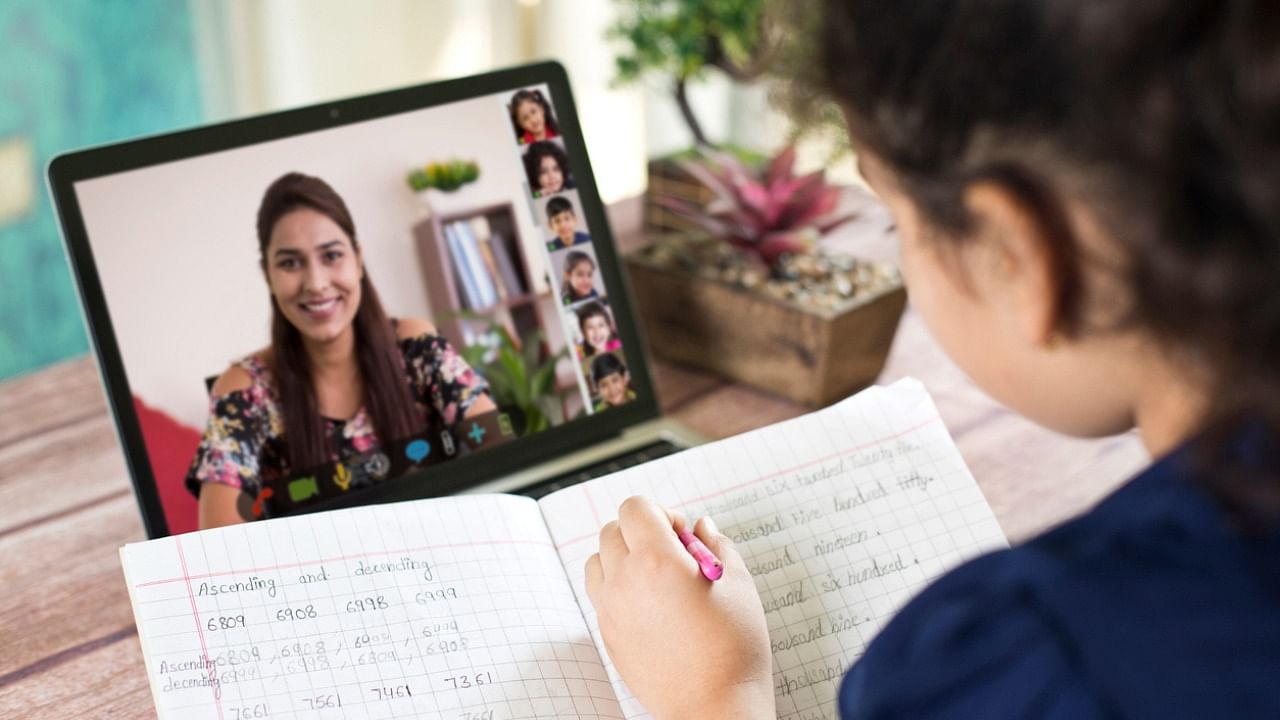
Keep aside electronic gadgets to give full attention to children, organise student meetings, educate children about good and bad touch are some of the suggestions given by the Ministry of Education for parents and caregivers to continue learning from home.
As the Covid-19 pandemic keeps schools shut for longer durations, the ‘guidelines for parents participation in home-based learning’ emphasises on art as a therapy for children, parent partnership and supporting parents with low literacy levels and children with special needs.
The guidelines also took note of reports of an increase in the cases of sexual abuse and violence against children and have suggested that parents talk to children about “safe and unsafe touch, set boundaries for children, apprise children of the risks of talking to strangers and not going out alone.”
“I strongly feel that a home is the first school, and parents are the first teachers. In this pandemic, the role of parents is pivotal in the growth and learning of children,” Education Minister Ramesh Pokhriyal Nishank said releasing the guidelines.
The guidelines stress on improving children's learning by monitoring and addressing their learning gaps.
“Collaboration of parents with teachers in documenting and reflecting on the progress that children are making in their learning is important for both teachers and parents,”’ the guidelines said.
The Guidelines also advise schools to involve parents by providing information and ideas on helping students at home with homework and other curriculum-related activities, decisions, and planning, and involving them in school decisions.
For schools, the guidelines suggested holding bal sabha (students’ meetings) online to hear children’s contributions in reciting poems, stories and views.
“Schools can prepare questionnaires for parents of students in every grade, to get feedback on issues related to children's learning and well-being,” the guidelines said.
It said that the information provided would be useful for both stakeholders to understand the unique attributes of each child, its aptitude, attitude, temperament, interests, habits, and hobbies.
The guidelines also advise parents to switch off television and phones and spend time with each child and give them full attention to create a safe and engaging environment.
